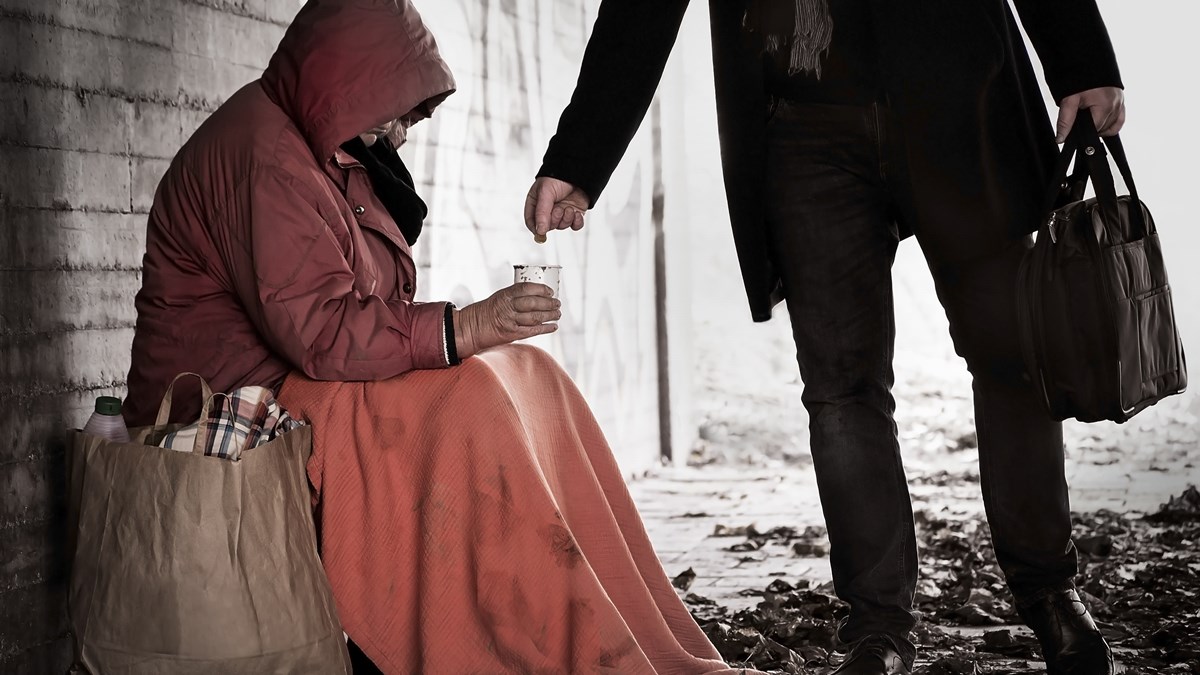Forms of Charity Not Permissible in Islam
Answered by Shaykh Abdul-Rahim Reasat
Question: Amongst subcontinental Muslims, there is a practice of “sadaqa utarna” which is done when someone is suffering from sickness, or there is a suspicion of black magic. Something used for charity is cast over the affected person thrice, The object is then discarded or given to the poor for their use. Is this permissible or a bidah?
Answer: Wa ‘alaykum as-salam wa rahmatullah wa barakatuh
I pray you are well.
This practice does not have any basis in the sunna as far as I know and should be avoided. There are many sunna supplications, suras, and collections of verses which are effective in such matters. It is better to refer to them.
Innovations
An innovation, bid’a, is a practice that contradicts the spirit of the sunna. In a sense, it opposes and attempts the replace it. Otherwise, new practices are not automatically problematic. (Nabulsi, al Hadiqa al Nadiyya).
This is understood from the hadith of the Messenger of Allah, Allah bless him and give him peace, “Whoever initiates in this matter of ours that which is not of it, it is completely rejected.“ (Bukhari) So, any matter which embodies the spirit of the sunna, and strives to achieve one of the higher aims of the Sacred Law, is not blameworthy – as long as it doesn’t contradict an established practice.
Seeking Protection and Healing
The Messenger of Allah, Allah bless him and give him peace would seek healing and protection through the recitation of the last two chapters of the Qur’an and various other supplication which can be found in Imam Nawawi’s Book of Remembrances. He also sought out conventional means of treatment when he was ill.
It is better to adopt this approach than to take up superstitious actions. Always remember the words of our Maker, “If Allah afflicts you with any harm then there is no one who can remove it save Him.” (Qur’an; 10:107)
The practice you described is not rooted in Islam, nor in any form of medicine. It’s the best shunned.
May Allah grant you the best of both worlds.
[Shaykh] Abdul-Rahim Reasat
Checked and Approved by Shaykh Faraz Rabbani
Shaykh Abdul-Rahim Reasat began his studies in Arabic Grammar and Morphology in 2005. After graduating with a degree in English and History he moved to Damascus in 2007 where, for 18 months, he studied with many erudite scholars. In late 2008 he moved to Amman, Jordan, where he continued his studies for the next six years in Sacred Law (fiqh), legal theory (Usul al-fiqh), theology, hadith methodology, hadith commentary, and Logic. He was also given licenses of mastery in the science of Qur’anic recital and he was able to study an extensive curriculum of Qur’anic sciences, tafsir, Arabic grammar, and Arabic eloquence.
